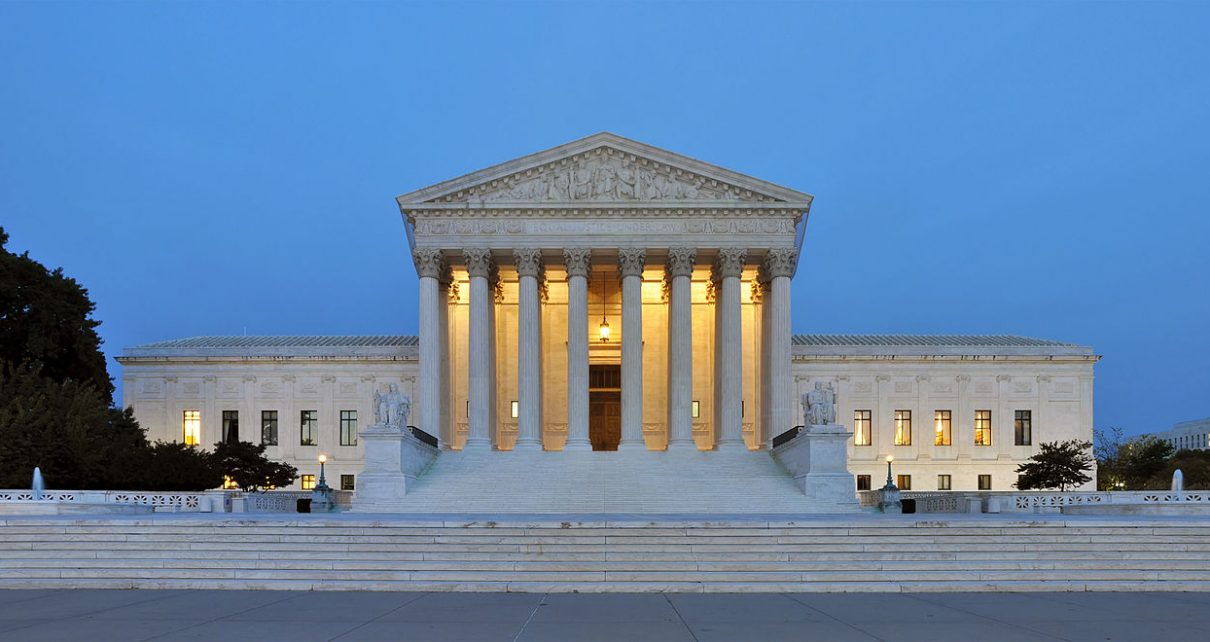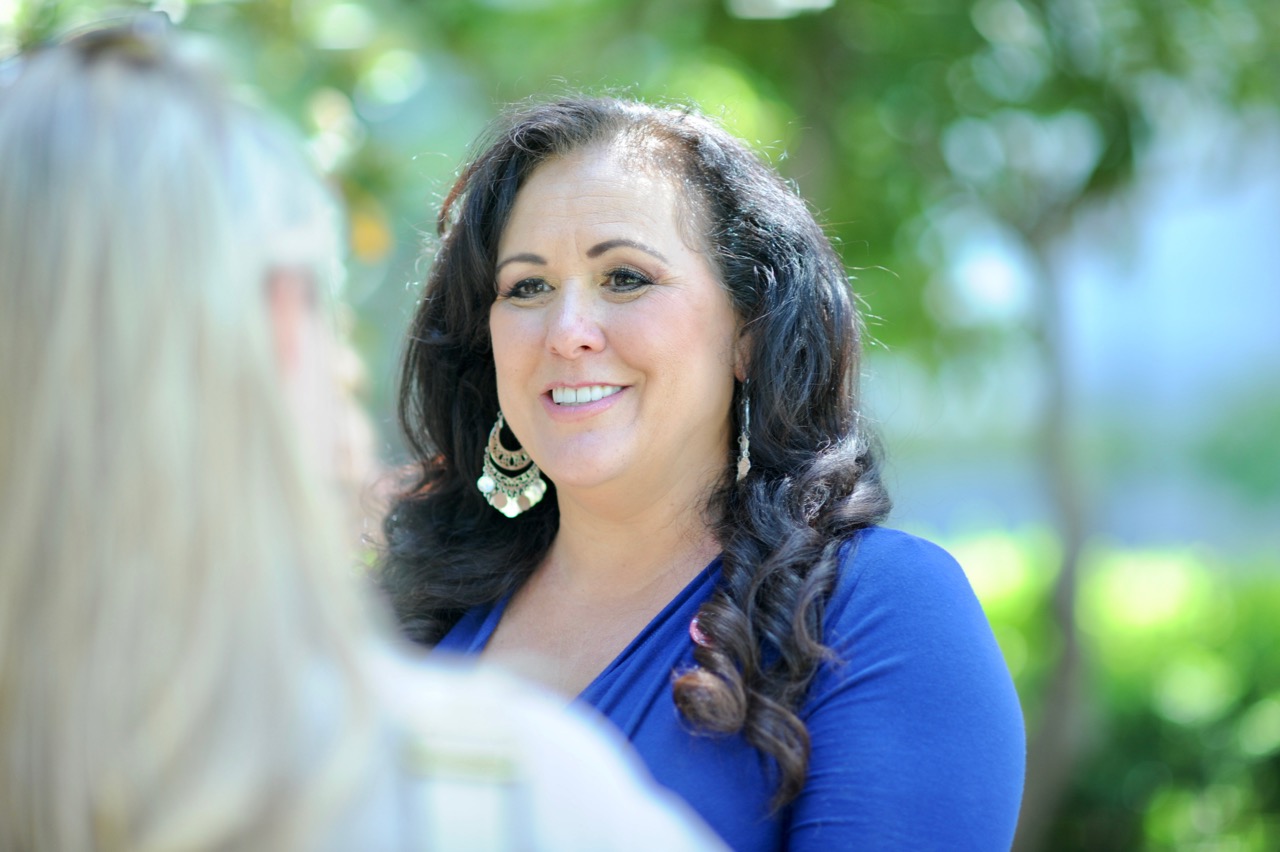
Supreme Court of the United States. (Photo: U.S. Supreme Court)
California’s Major Role In The Birth, And Death, Of Affirmative Action
From Bakke to Prop 16, California has had a major hand in affirmative action
By Evan Symon, June 29, 2023 12:58 pm
The Students for Fair Admissions, Inc. v. University of North Carolina ruling by the United States Supreme Court on Wednesday, in which it was ruled that affirmative action programs in college admissions processes are unconstitutional, capped off a 45-year legal battle over the practice in which California played a major role in both it’s creation and ultimate demise.
While there were several cases challenging affirmative action practices in universities after they began implementation at colleges and universities in the late 60’s, very few made it to the Supreme Court. One, DeFunis v. Odegaard, directly challenged the practice, but by the time in reached the Supreme Court in 1974, the plaintiff had almost graduated, so it became moot. But in 1978, California, more specifically, the University of California system, soon became center stage in allowing affirmative action programs nationwide.
That case, Regents of the University of California v. Bakke, revolved around Allan Bakke, a student in his 30’s who tried to apply to several medical schools in the 1970s. While he had been rejected due to his age in many cases, it was at UC Davis where problems started. In his 1973 application, Bakke received 468 points out of a possible 500. With 470 being considered automatic acceptance, Bakke was interviewed and heavily recommended for acceptance. But, as it turned out, he was later rejected from the school. In 1974 he tried again, and was rejected again.
Evidence showed that several accepted candidates accepted had lower overall point scores than him, but due to the affirmative action program, they were selected ahead of him, as 16 of 100 seats at the medical school were set aside for minorities. Bakke soon took the University to court, and over the next several years, the case rose through the the courts and was eventually accepted by the Supreme Court in 1977. Throughout 1977, students at UC universities brought the Board of regents over keeping affirmative action. And when the Government brief over issue mad mixed support for affirmative action, saying that the points system should go and that Bakke should be admitted, a huge backlash by Democrats against the Carter administration changed their support to being fully on the side of affirmative action.
In any case, in June 1978, the court upheld affirmative action, although it said that specific racial quotas would no longer be allowed and that Bakke should also be admitted. For the next 18 years, affirmative action stayed largely the same. By the mid 90s, however, several states began doing away with the practice in state, largely due to backlash from the Bakke case. In 1996 it reached California. Due to a growing number of cases where college admissions and government employee applicants were being rejected over their race and wanting an even system as first outlined the the 1964 Civil Rights Act, Californians Joe Gelman, Arnold Steinberg, and Larry Arnn pooled together and brought forth Proposition 209.
From Bakke to Prop 209 to Students for Fair Admissions
Under Prop. 209, state governmental institutions are prohibited from considering race, sex, or ethnicity, especially in the areas of public employment, public contracting, and public education. While many came out in opposition to Prop. 209 throughout the fall of 1996, including activists Jesse Jackson and Dolores Huerta, as well as both then-sitting Senators Barbara Boxer and Dianne Feinstein, the-Governor-Pete-Wilson-backed Prop. 209 ultimately succeeded at the ballot box by a wide 55%-45% turnout.
While it was challenged several times in court, Prop. 209 withstood the assault and influenced many more states to end their affirmative action policies in the coming years, as well as influence other major cases, including the 2003 Grutter v. Bollinger ruling, which largely upheld Bakke, and Wednesday’s Students for Fair Admissions, Inc. v. University of North Carolina ruling. SFFA even noted that a specific influence was Prop. 209, with many scholars noting that Prop. 209 being upheld by by the state legislature in 2014 through the rejection of SCA 5 and by California voters in 2020 when 57% of voters, a greater margin than the initial 1996 vote, voted against Prop. 16, which would have repealed Prop 209.
“Everyone was always watching what California would do,” said Katherine O’Keefe, a researcher on college admission metrics in Illinois, to the Globe Thursday. “Everyone thinks California is far-left, but they been against affirmative action policies, a majority of residents at least, since the 1980s. A lot of Colleges overcorrected after Bakke, and no state did it more than California. People there saw this, as well as how affirmative action policies affected contractor and government hiring applicants, and it swung back hard there. The seeds of Thursdays ruling came directly from not only Prop 209 passing in 1996, but by the voters there supporting it time and time again when it was challenged.”
“Also remember that recent polls found that 73% of all Americans have said that race should not be a factor in college admissions. That’s staggering, and when broken down, California is pretty much dead on the support there. It’s one of the nation’s most diverse states, so yeah, California has always been a huge influence on where national affirmative action policy goes. A lot of Californian colleges brought on affirmative action in the 60’s and led to Bakke. A rejection of this in subsequent years brought Prop 209. And California’s long-running support against affirmative action policies since helped influence new cases to take it down.”
California, the very state that had influenced the Bakke case and upheld affirmative action in the 70’s, also helped bring it down.
- New Reports Finds EPA Will Likely Give A Waiver For California’s 2035 Gas-Powered Car Sales Ban Mandate - December 14, 2024
- Port Of Oakland Appeals Temporary Court Ruling Blocking use of ‘San Francisco Bay’ In Name - December 13, 2024
- Farmers Insurance to Increase Number Of Homeowner & Renter Policies in California - December 12, 2024




